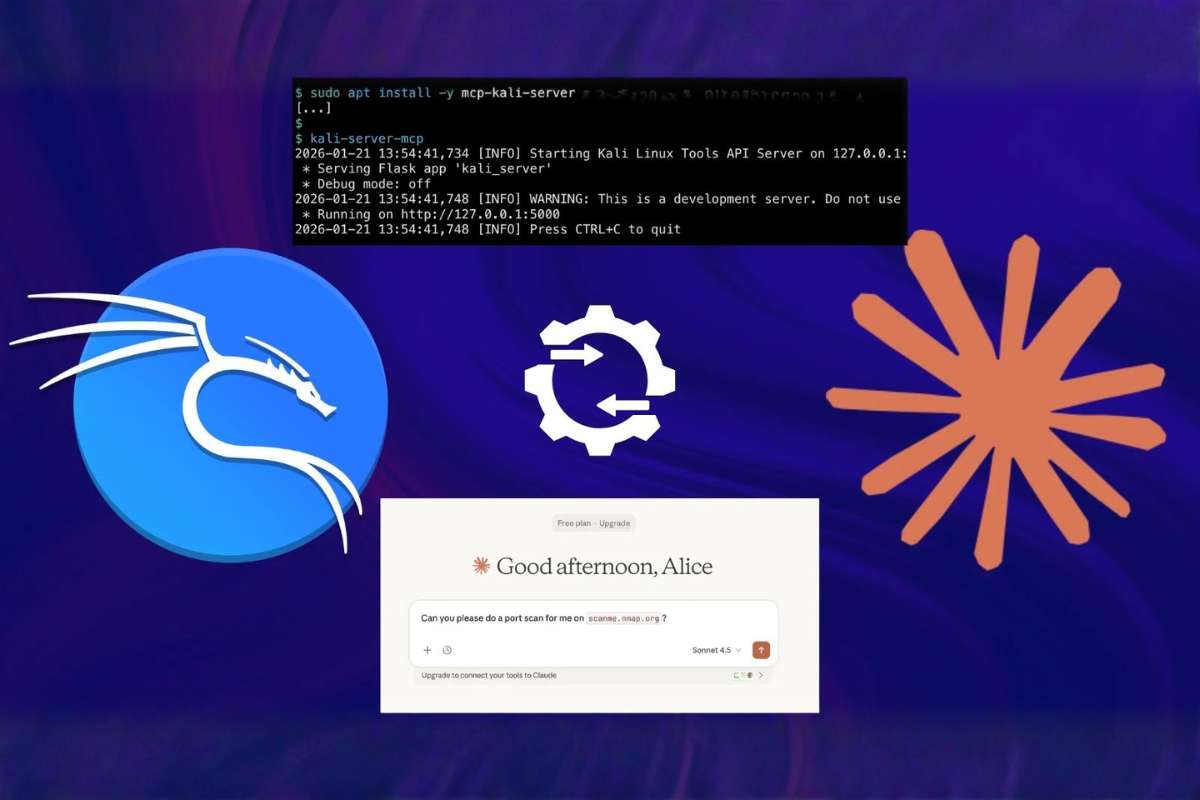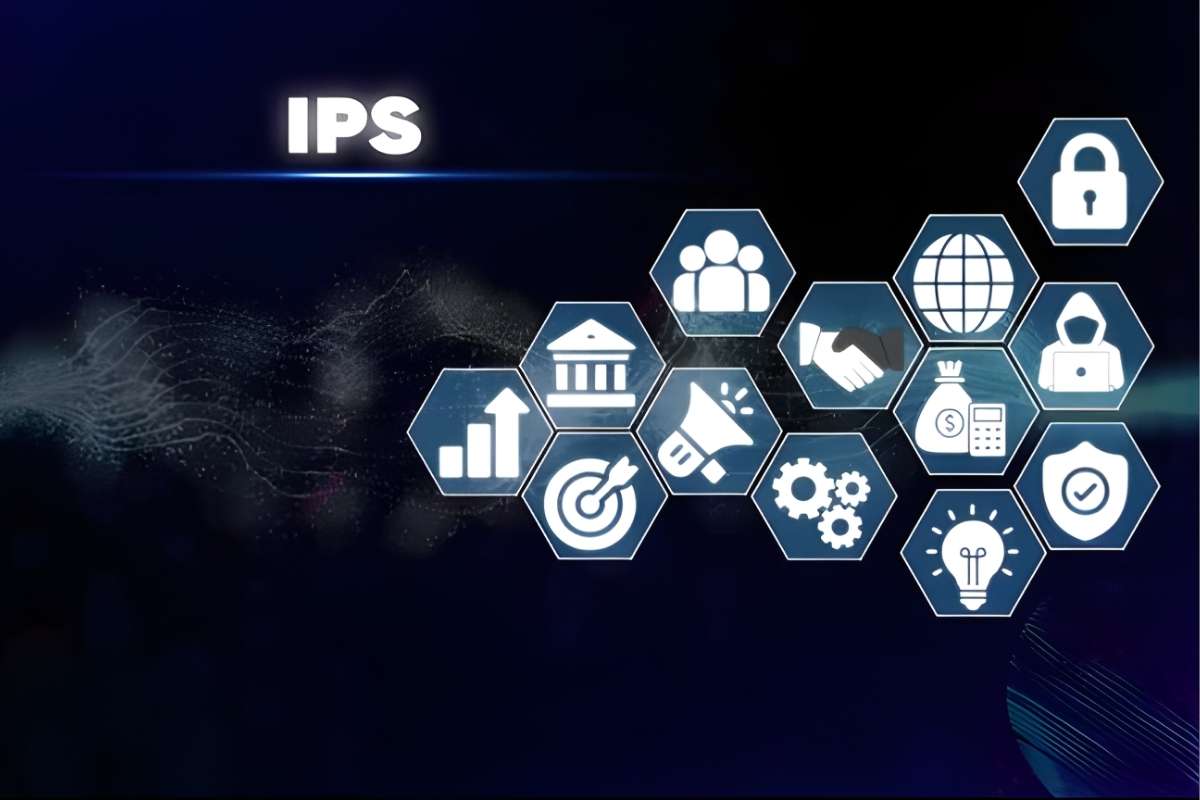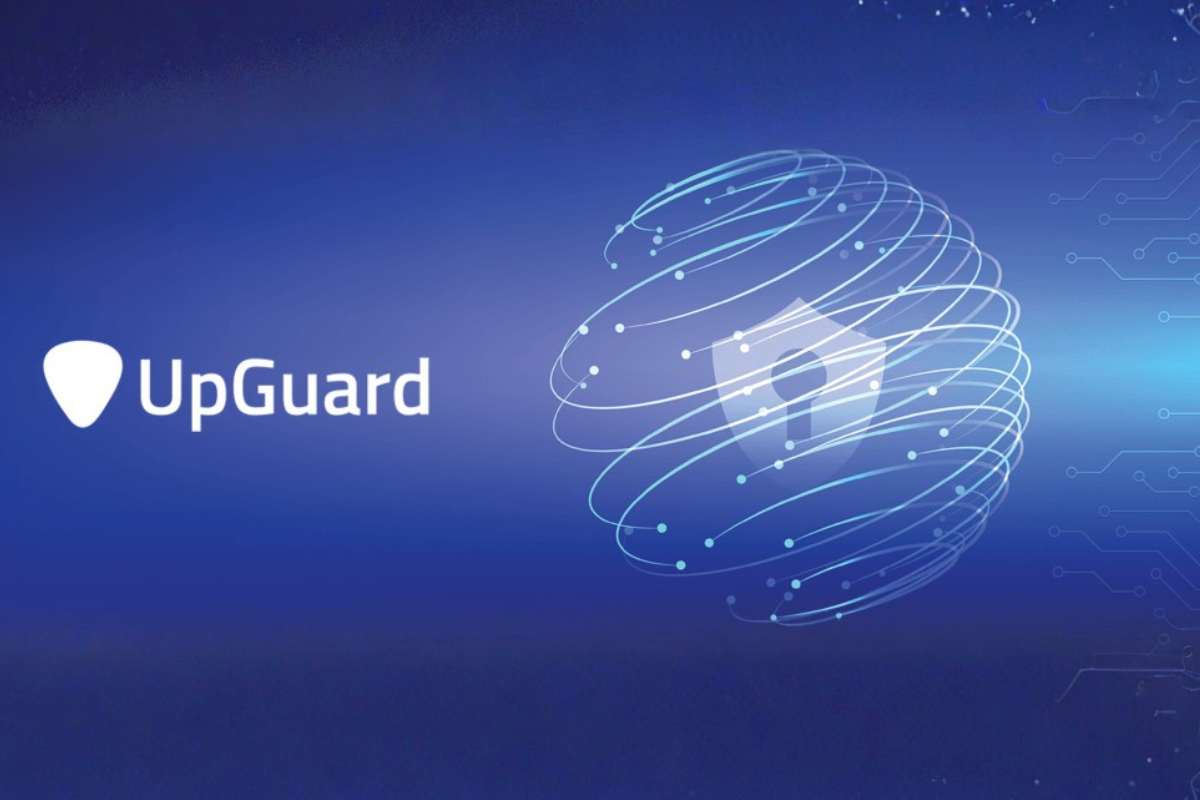[Source – startupnews.fyi]
OpenAI made a significant impact during its DevDay event in San Francisco by announcing four major updates, including exciting new AI features, to its API services. The new features are tailored to developers building AI-powered products, offering better customization, improved performance, and cost reductions. The key announcements included Model Distillation, Prompt Caching, Vision Fine-Tuning, and a new service called RealTime, all designed to enhance the flexibility and efficiency of AI applications.
Model Distillation and Prompt Caching Revolutionize AI Efficiency
The first feature, Model Distillation, focuses on improving the performance of smaller models like GPT-4o mini by using the outputs of larger models. This process, once complicated and error-prone, is now streamlined through OpenAI’s API platform, allowing developers to easily build datasets, fine-tune models, and run evaluations. To encourage developers to try Model Distillation, OpenAI is offering two million free training tokens daily for GPT-4o mini and one million for GPT-4o until October 31.
Prompt Caching, another critical update, aims to reduce the cost of repetitive prompts in AI applications. Many AI models use long prefixes in prompts to ensure consistent performance, but these prefixes add to the cost. OpenAI’s new feature automatically saves these lengthy prefixes for up to an hour, applying a 50% discount when they are reused. This cost-saving measure is expected to be highly beneficial for developers with specific use cases that rely on repeated prompt structures.
Vision Fine-Tuning Expands AI’s Visual Capabilities
The introduction of new AI features like Vision Fine-Tuning allows developers to fine-tune GPT-4o models using images, opening up new possibilities for AI applications. This feature is designed to improve visual search functionality, enhance object detection, and support more accurate medical image analysis. By providing labeled image datasets, developers can train the model to better understand visual content, offering enhanced performance in sectors such as autonomous vehicles, smart cities, and healthcare.
OpenAI has already seen successful use of Vision Fine-Tuning, with Coframe, a startup, using it to improve the visual and layout consistency of websites generated by AI. OpenAI is offering developers one million free training tokens daily in October, with fine-tuning costs set at $25 per million tokens starting in November.
RealTime API Enhances Speech Processing and Multimodal Experiences
OpenAI DevDay: Opening Keynote
The final major announcement was the RealTime API, which simplifies the development of speech-based applications. Previously, creating a speech-to-speech AI tool required multiple steps, including transcription and text processing, which could lead to delays and loss of emotional nuance. OpenAI’s RealTime API eliminates these steps by directly processing audio input, making the system faster, more efficient, and capable of preserving accents and emotions.
Beyond speech, the RealTime API supports function calling, allowing applications to perform real-world tasks like making appointments or placing orders. The service is expected to evolve to handle multimodal experiences, including video, making it a versatile tool for developers. The pricing for this API starts at $0.06 per minute for audio input and $0.24 per minute for audio output.
These new AI features represent a significant leap in OpenAI’s mission to create flexible and powerful tools for developers, promising improved performance and cost efficiency across a wide range of applications






